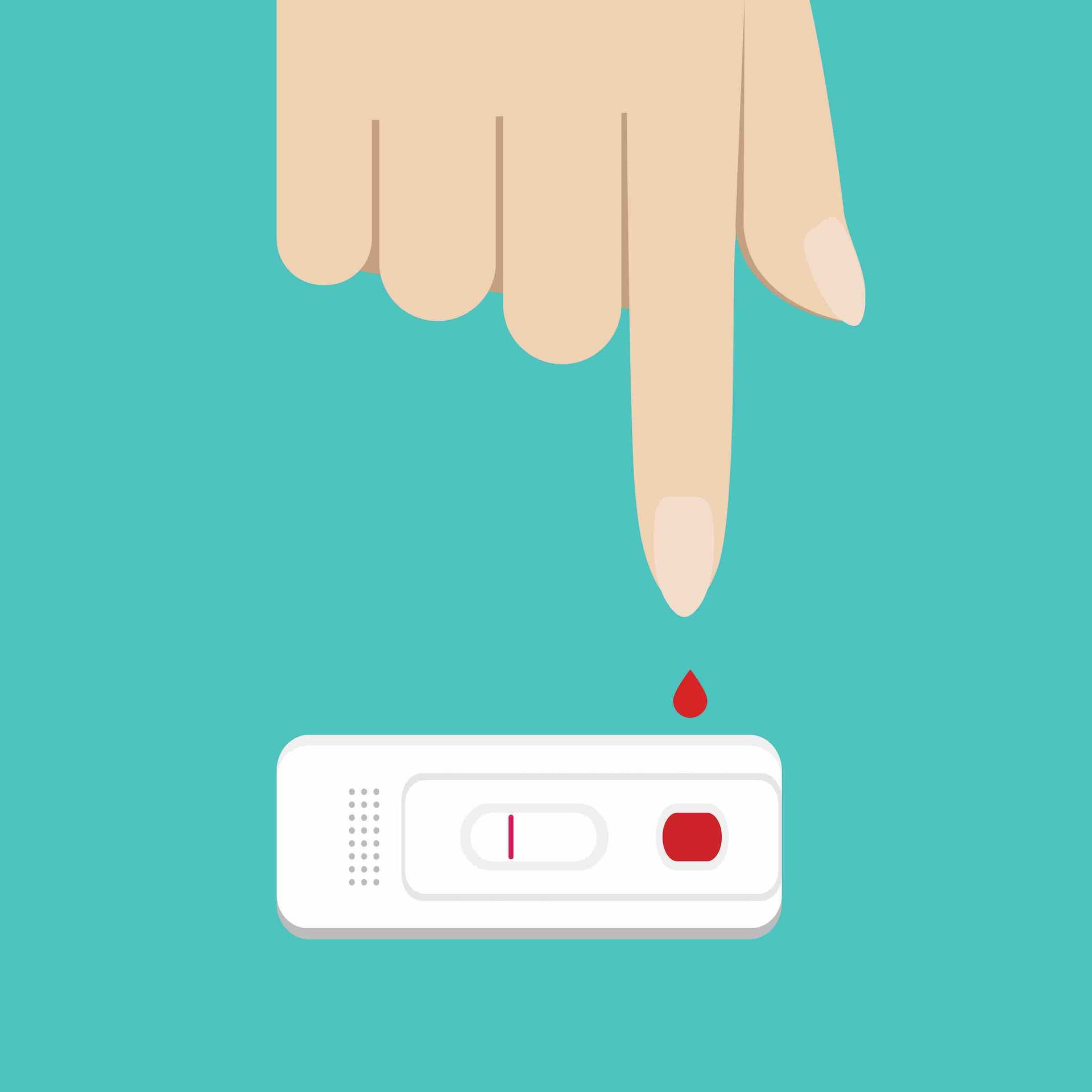
Syphilis
Syphilis is a sexually transmitted infection (STI) caused by the bacterium Treponema pallidum. It can affect anyone who is sexually active, regardless of age, gender, or sexual orientation. Syphilis is transmitted through direct contact with syphilis sores, known as chancres, during vaginal, anal, or oral sex with an infected person.
What are the symptoms?
Syphilis symptoms can vary depending on the stage of the infection. It progresses through several stages, each with its own set of symptoms. Here are the common symptoms associated with each stage:
Primary Syphilis:
Chancre: A painless sore or ulcer at the site of infection, which typically appears 3 weeks after exposure. Chancres are usually firm, round, and may go unnoticed if they are not in a visible area.
Secondary Syphilis:
Rash: A non-itchy rash that can appear on the palms of the hands, soles of the feet, or other parts of the body. The rash may be accompanied by flu-like symptoms such as fever, fatigue, sore throat, and swollen lymph nodes.
Mucous membrane lesions: Sores may develop in the mouth, throat, or genital area.
Hair loss: Patchy hair loss, particularly in the scalp area.
Genital warts: Raised, wart-like growths in the genital area, known as condylomata lata.
Latent Syphilis:
Latent syphilis may not present any symptoms and can last for years. It's divided into early latent syphilis (within 1 year of initial infection) and late latent syphilis (more than 1 year after initial infection).
Tertiary Syphilis:
Gummatous syphilis: The development of soft, tumor-like growths (gummas) in various tissues of the body, including the skin, bones, liver, and heart.
Neurosyphilis: Infection of the central nervous system, which can cause a wide range of symptoms, including headache, difficulty coordinating muscle movements, paralysis, and mental health issues.
Congenital Syphilis:
Syphilis passed from mother to baby during pregnancy can result in serious complications for the newborn, including premature birth, low birth weight, stillbirth, and congenital syphilis symptoms such as rash, jaundice, anemia, and developmental delays.
It's important to note that not everyone with syphilis will experience symptoms, especially in the early stages. Regular STI testing is crucial for early detection and treatment of syphilis, even in the absence of symptoms. If you experience any of these symptoms or suspect you may have been exposed to syphilis, it's important to see a healthcare provider for testing and treatment. Early diagnosis and treatment can prevent the progression of the infection and reduce the risk of complications.
How is syphilis acquired?
Syphilis is primarily transmitted through direct contact with syphilis sores, known as chancres, during vaginal, anal, or oral sex with someone who has the virus. Here are the main ways syphilis can be spread:
Sexual contact: Syphilis is most commonly transmitted through sexual activity, including vaginal, anal, and oral sex. The bacteria Treponema pallidum can enter the body through mucous membranes or breaks in the skin, such as cuts or abrasions.
Direct contact with chancres: Syphilis sores (chancres) are highly contagious and can appear on the external genitals, anus, rectum, or mouth. Touching, kissing, or having sexual contact with these sores can transmit the infection to another person.
Vertical transmission: Pregnant women with syphilis can pass the infection to their babies during pregnancy or childbirth. This is known as congenital syphilis and can lead to serious health complications for the newborn.
Rare modes of transmission: While less common, syphilis can also be transmitted through blood transfusions with infected blood, organ transplantation from an infected donor, or through nonsexual skin contact with moist lesions in some cases.
Syphilis is highly contagious, especially in the primary and secondary stages when chancres and rash lesions are present. However, it's important to note that syphilis can be transmitted even if the infected person does not have any symptoms. Practicing safer sex measures, such as using condoms consistently and correctly, and avoiding sexual contact with individuals with visible sores, can reduce the risk of syphilis transmission. Regular STI testing is also crucial for early detection and treatment of syphilis, especially for those with multiple sexual partners who don’t use condoms. As Syphilis is a bacterial infection it can be acquired through performing oral sex without barrier protection.
How do you prevent syphilis acquisition?
It's important to note that syphilis can be transmitted even if someone doesn't have any symptoms. Therefore, practicing safer sex measures, such as using condoms or dental dams consistently and correctly, can reduce the risk of transmission. Regular testing for STIs, especially if you have multiple sexual partners, is also important for early detection and treatment of syphilis and other infections. As syphilis is a bacterial infection, it can be acquired through performing oral sex without barrier protection. Preventing syphilis primarily involves practicing safer sex and taking proactive measures to reduce the risk of transmission. Here are some key prevention strategies:
Use condoms consistently and correctly: Condoms provide a barrier that can significantly reduce the risk of syphilis transmission during vaginal, anal, and oral sex. It's important to use condoms from start to finish with each sexual encounter.
Communicate with partners: Open and honest communication with sexual partners about STIs, testing, and safer sex practices is crucial for preventing syphilis transmission. Discussing sexual history and getting tested together can help foster trust and reduce the risk of infection.
Get tested regularly: Regular STI testing, including syphilis testing. Testing allows for early detection and treatment, which can prevent the spread of syphilis and its complications.
Avoid sharing sex toys: If sex toys are used, clean them thoroughly between uses and consider using condoms or barriers to prevent the spread of syphilis and other STIs.
By incorporating these prevention strategies into your sexual health practices, you can reduce the risk of syphilis transmission and protect yourself and your sexual partners from infection.
How is Syphilis treated?
Syphilis is typically treated with antibiotics, which are highly effective in clearing the infection. Here are the key aspects of treating syphilis:
Prescription antibiotics: The most common antibiotics prescribed for syphilis are penicillin-based antibiotics, such as benzathine penicillin G. The specific antibiotic and treatment regimen will depend on the stage of syphilis and other factors determined by a healthcare provider. Treatment may involve a single injection of penicillin or multiple doses over several days.
Complete the full course: It's important to complete the full course of antibiotics as prescribed, even if symptoms improve or disappear before the medication is finished. Failure to complete the treatment can result in the infection persisting or recurring.
Overall, syphilis is easily treatable with antibiotics, but prompt diagnosis and treatment are essential for preventing complications and reducing the risk of transmission to others. If you suspect you have syphilis or have been exposed to the virus, it's important to see a healthcare provider for testing and treatment. Early diagnosis and treatment can prevent the progression of the infection and reduce the risk of complications.
Condoms
Click here to find out about condoms for young people across the Southwest.
HIV Testing
Click below to learn more about HIV testing and how you can access a free HIV home testing kit.
Services Near Me
Maybe you can't find what you're looking for, or feel that you need to find a sexual health service near you.



